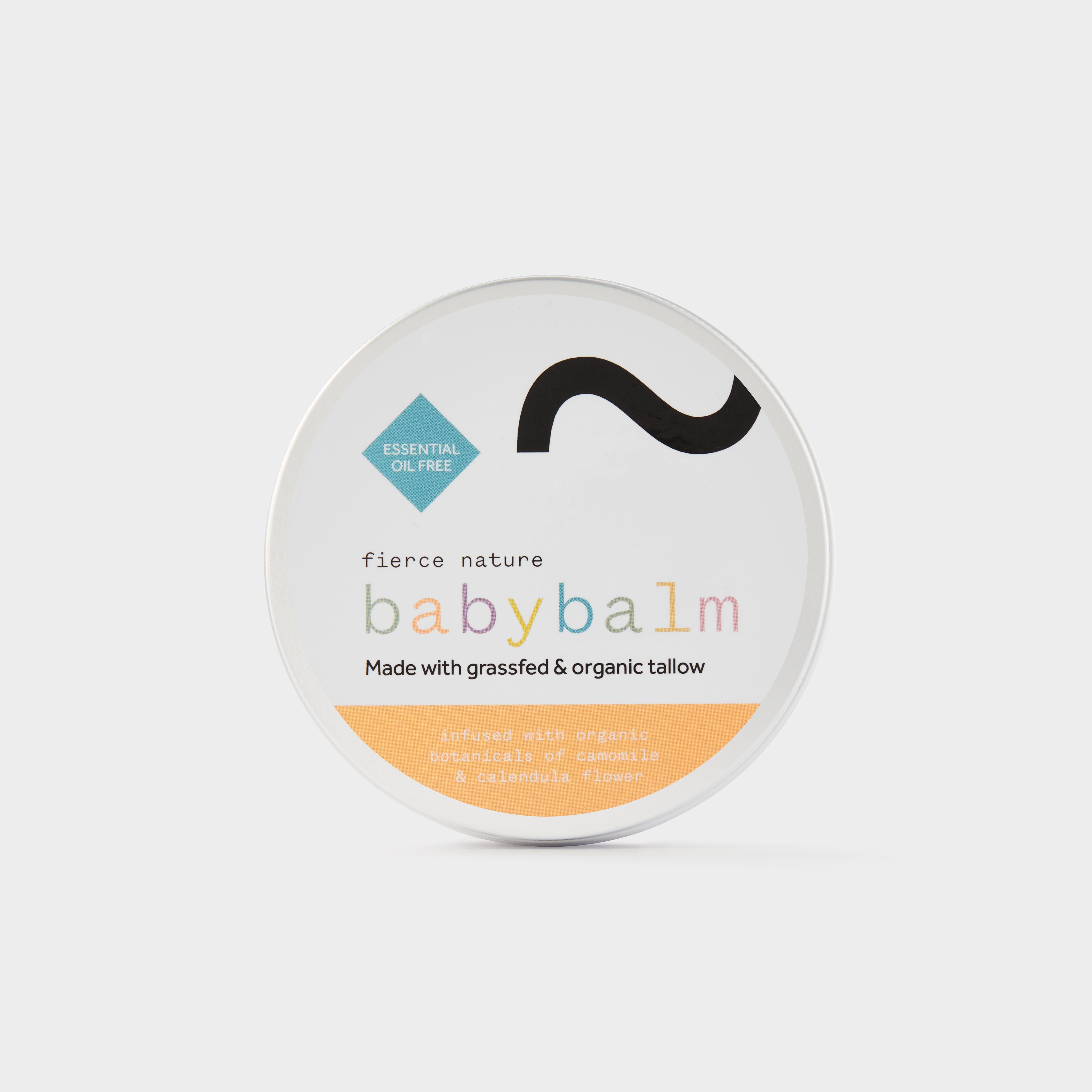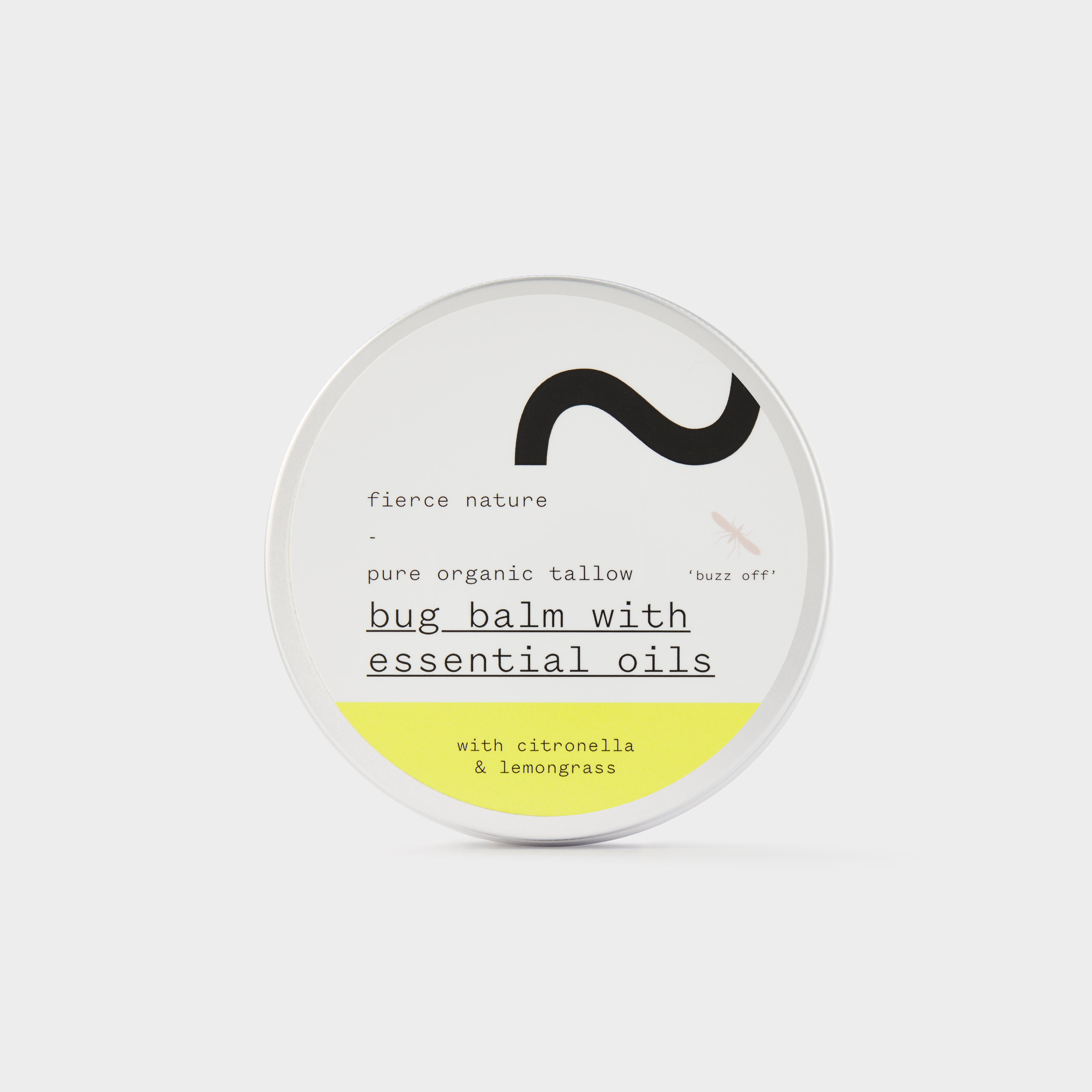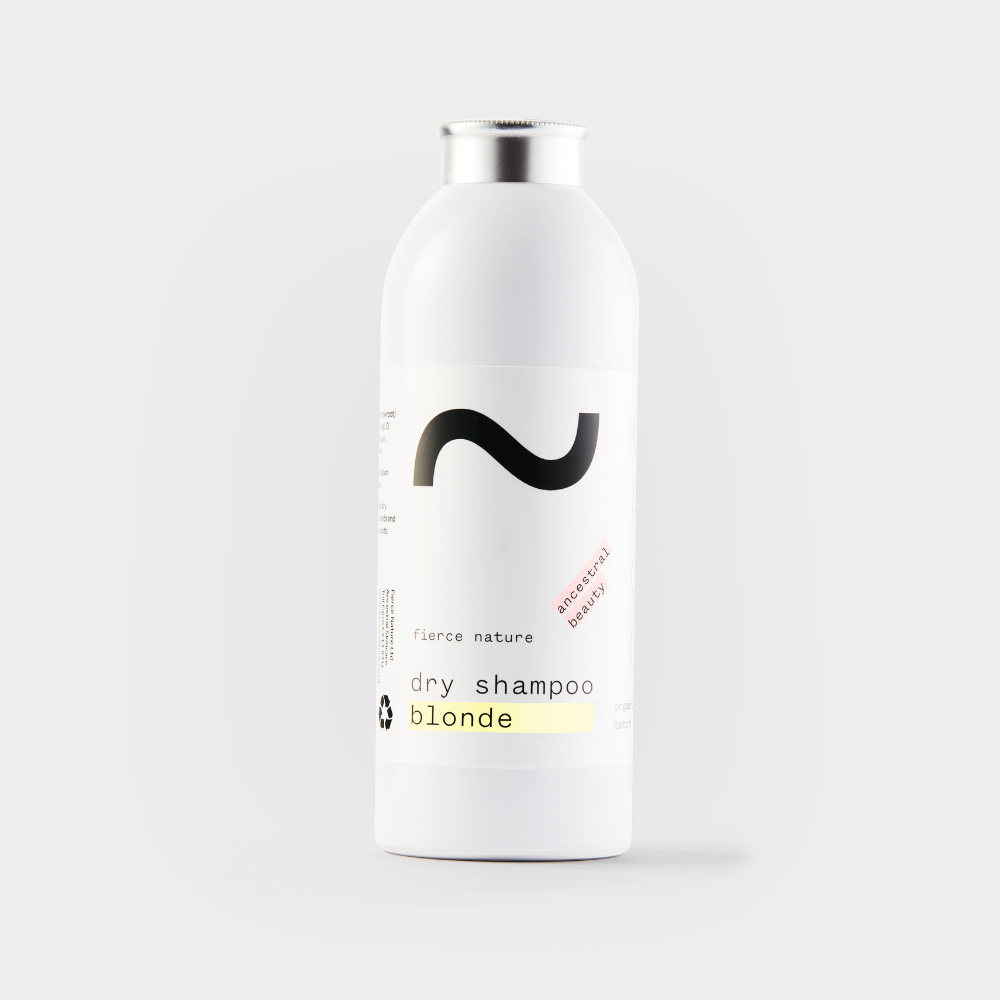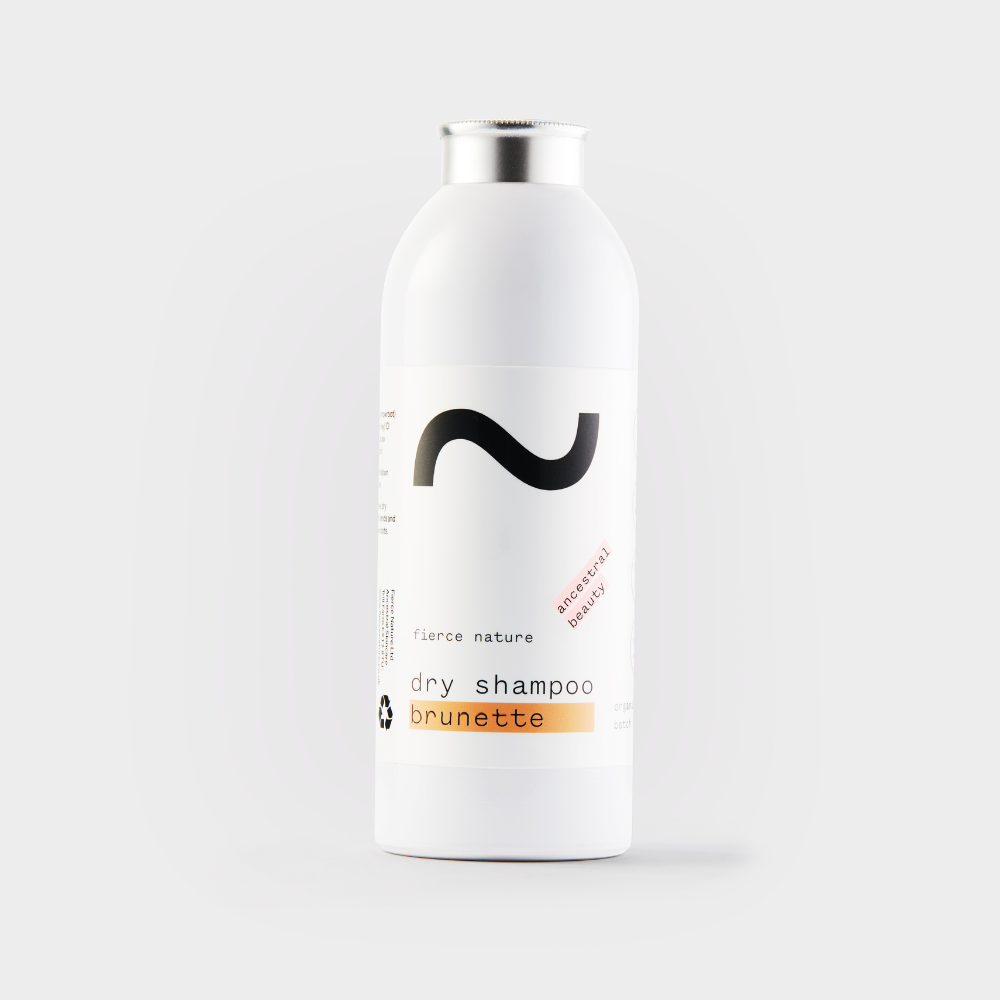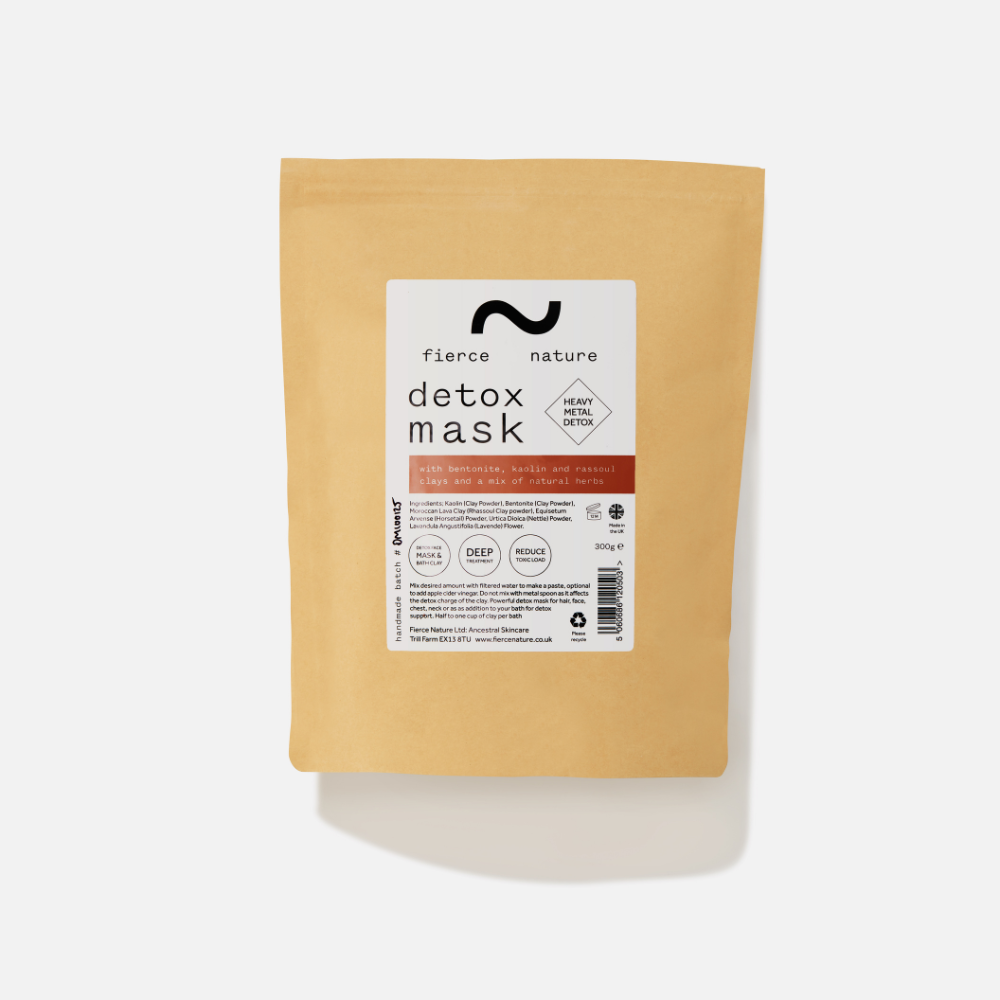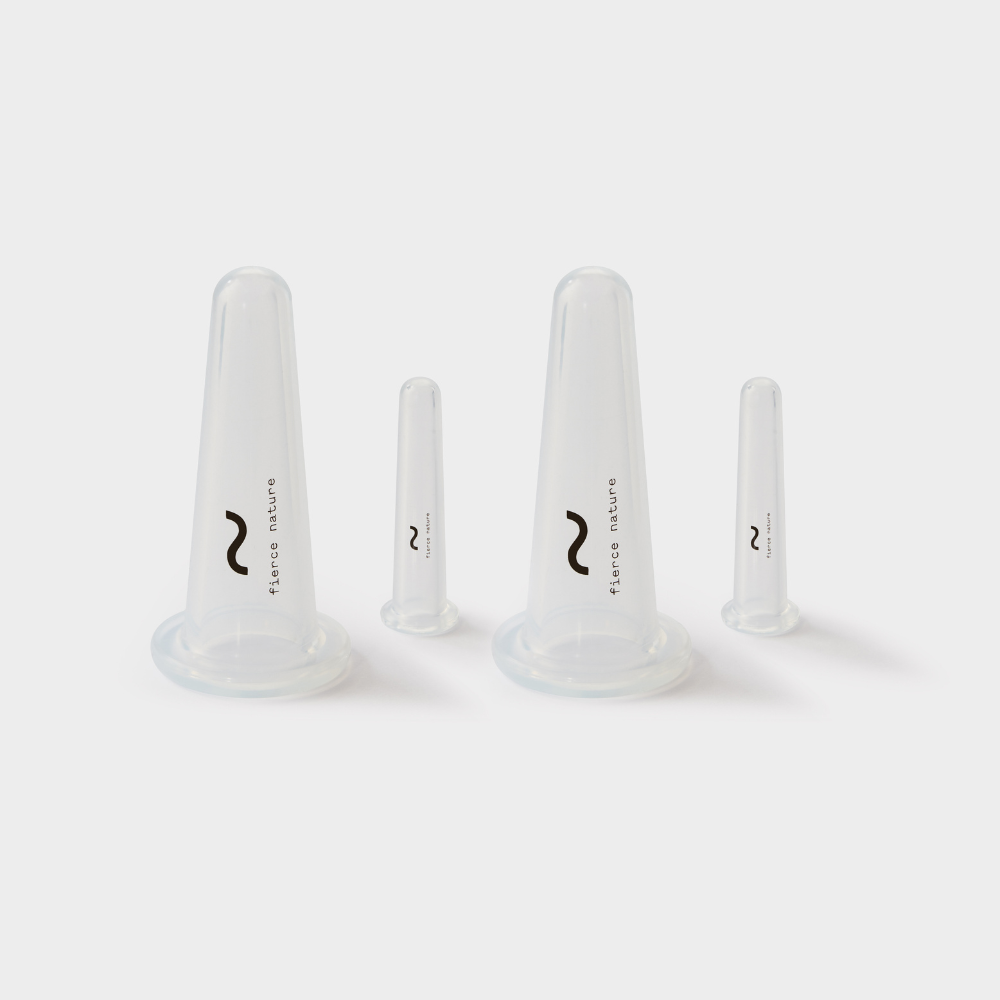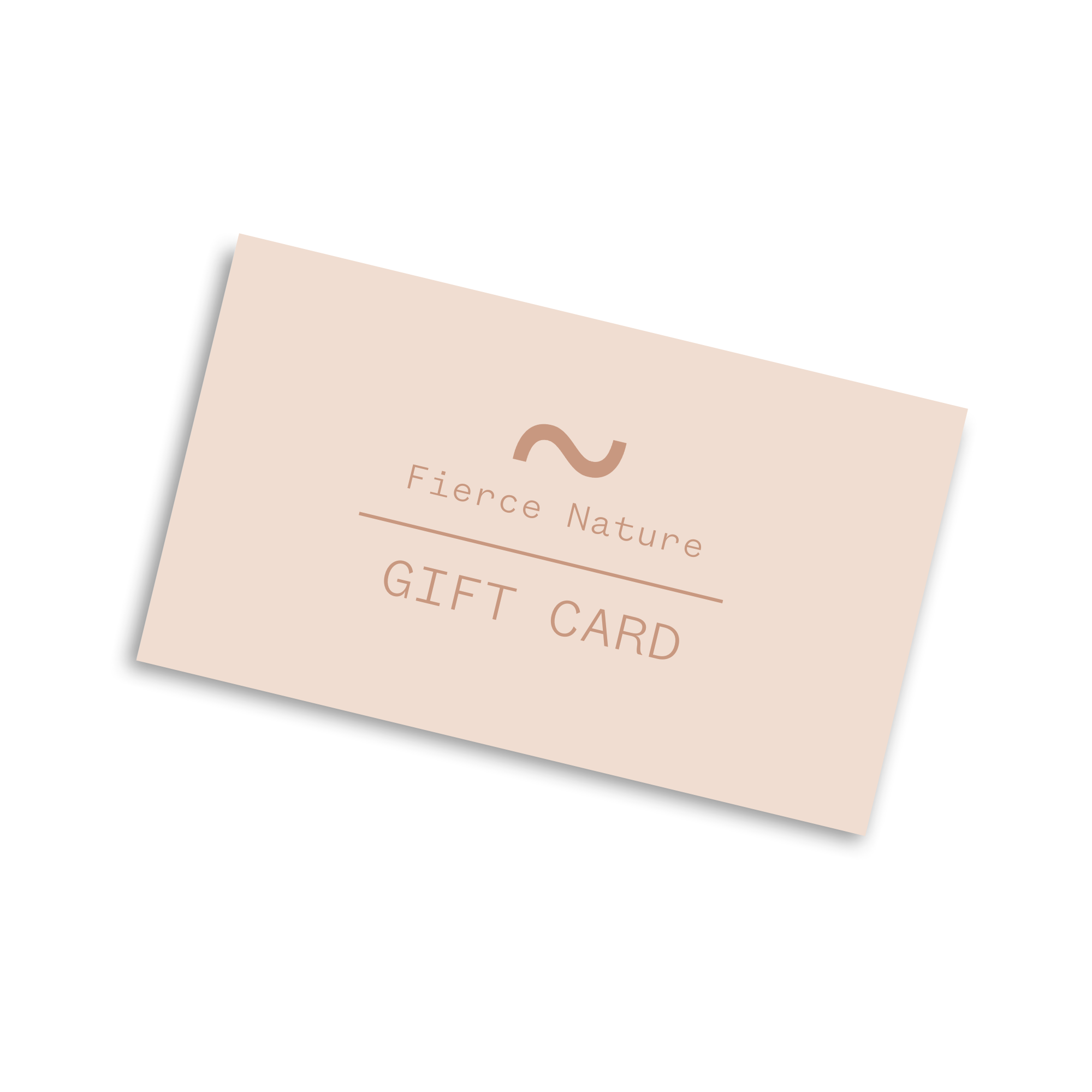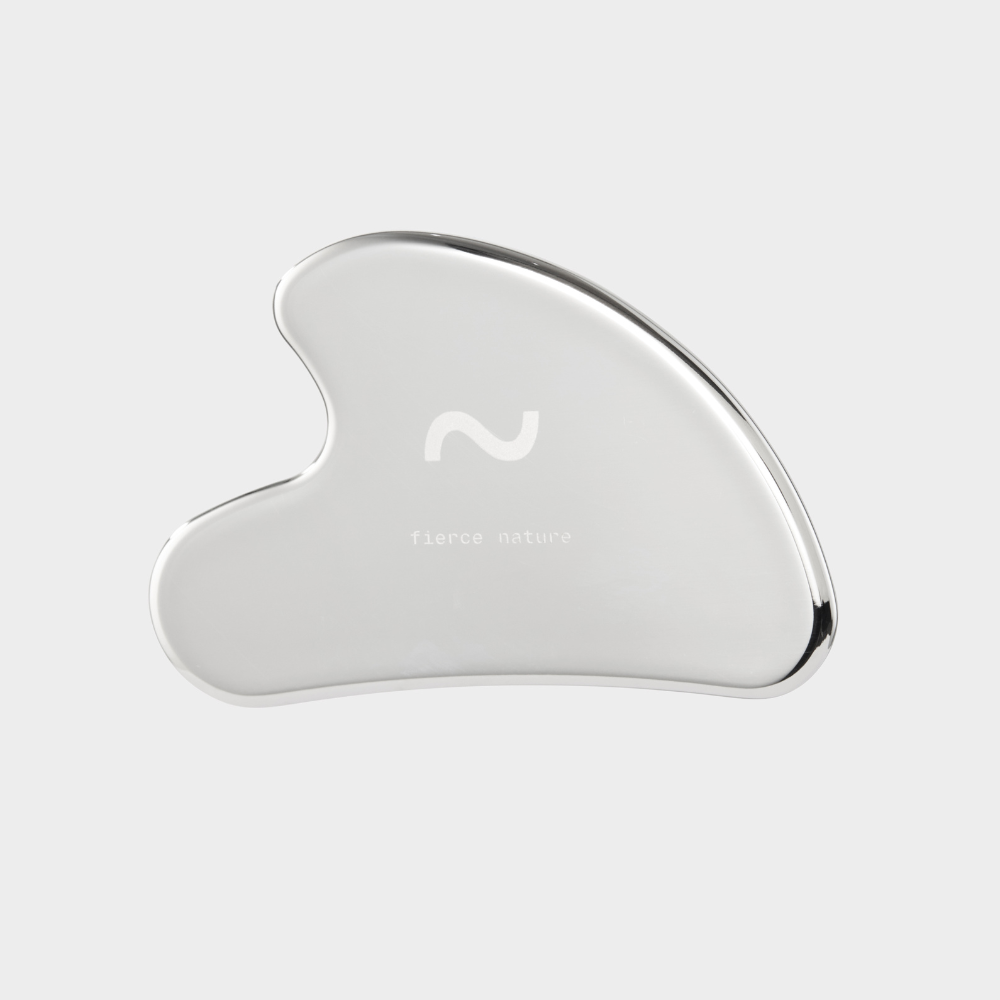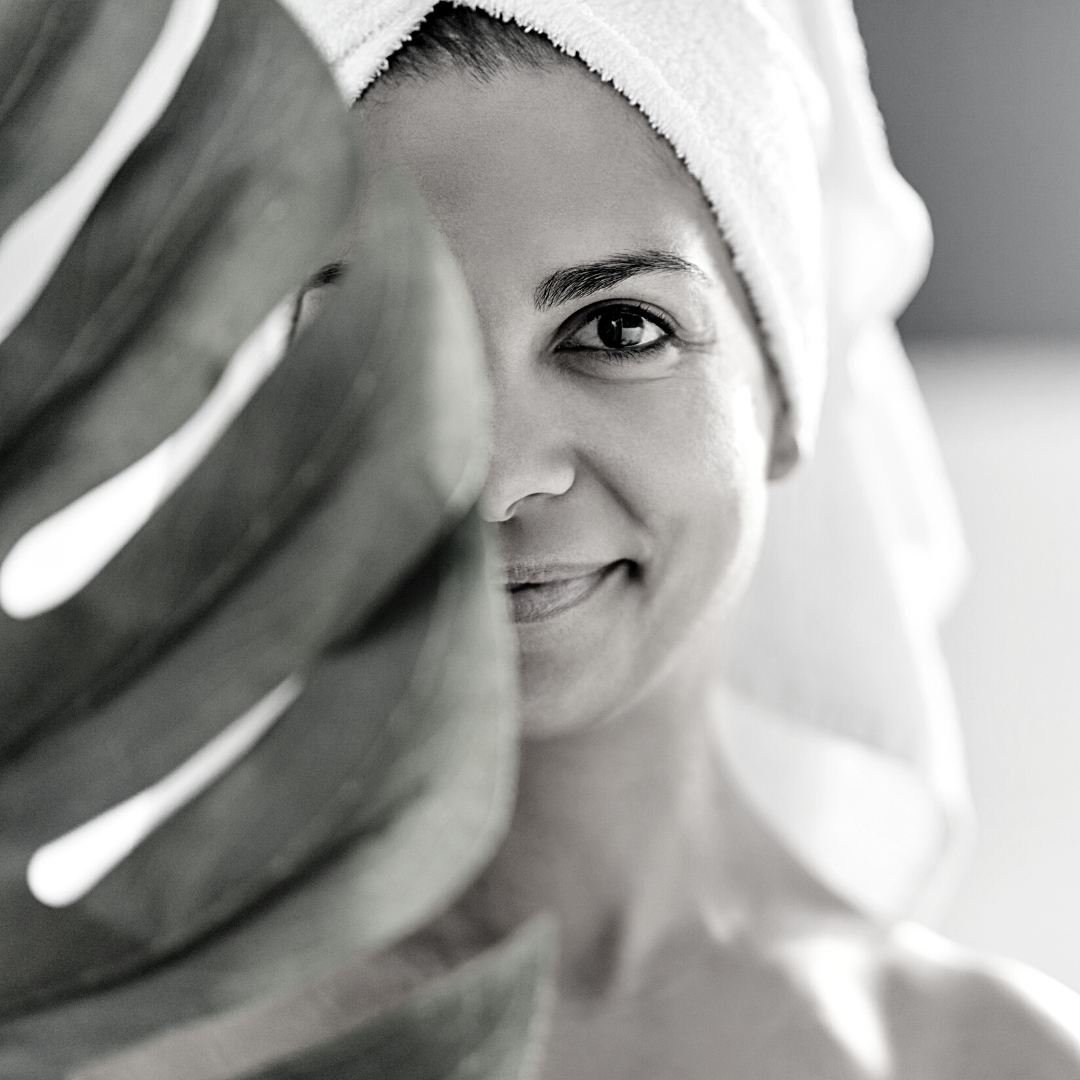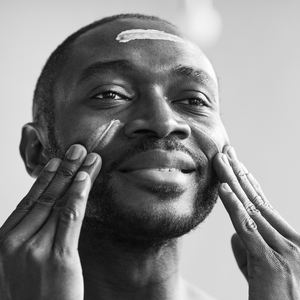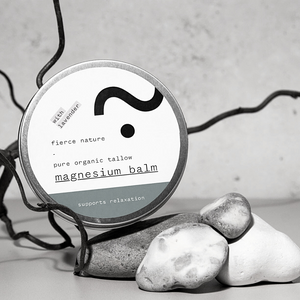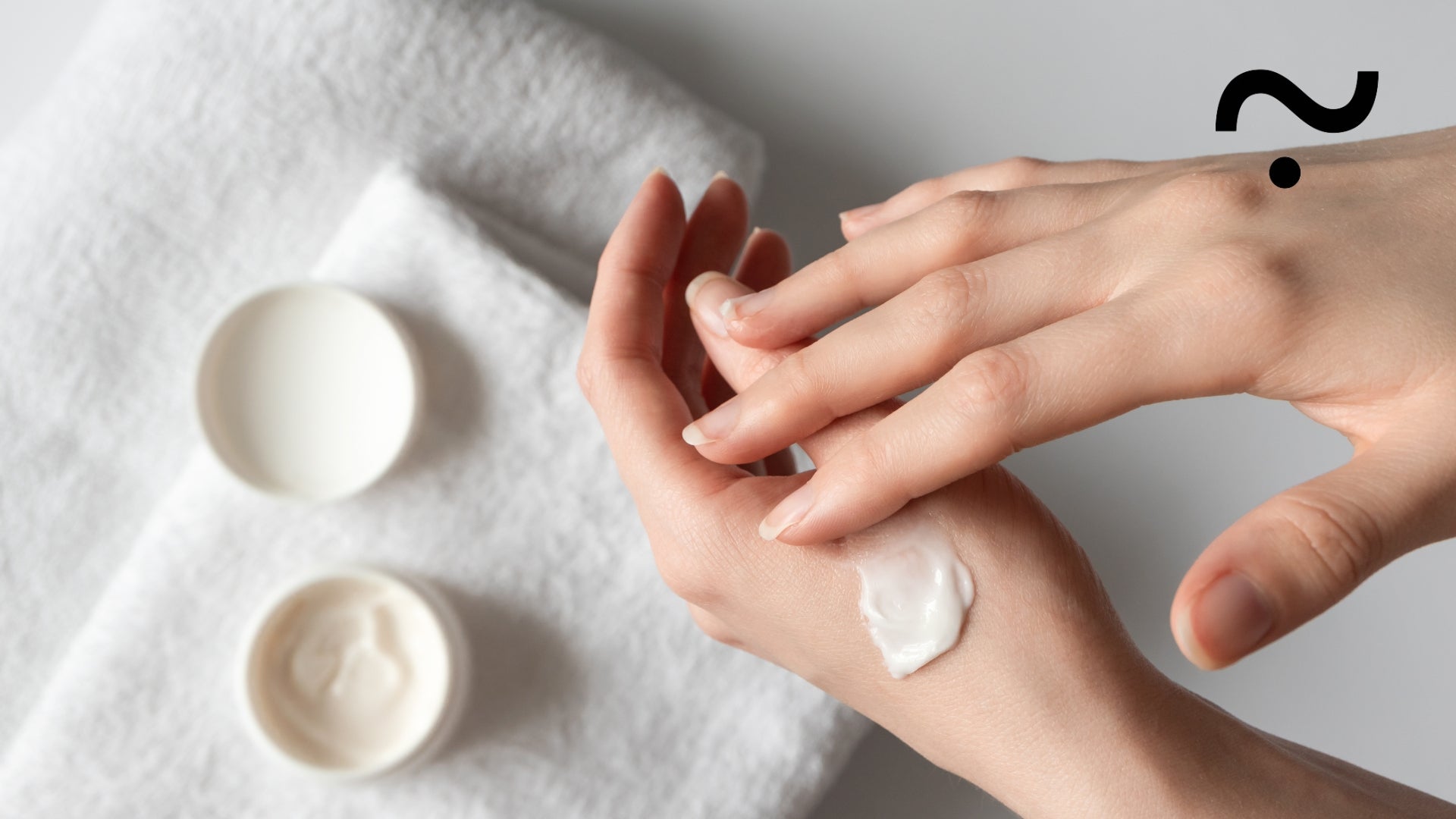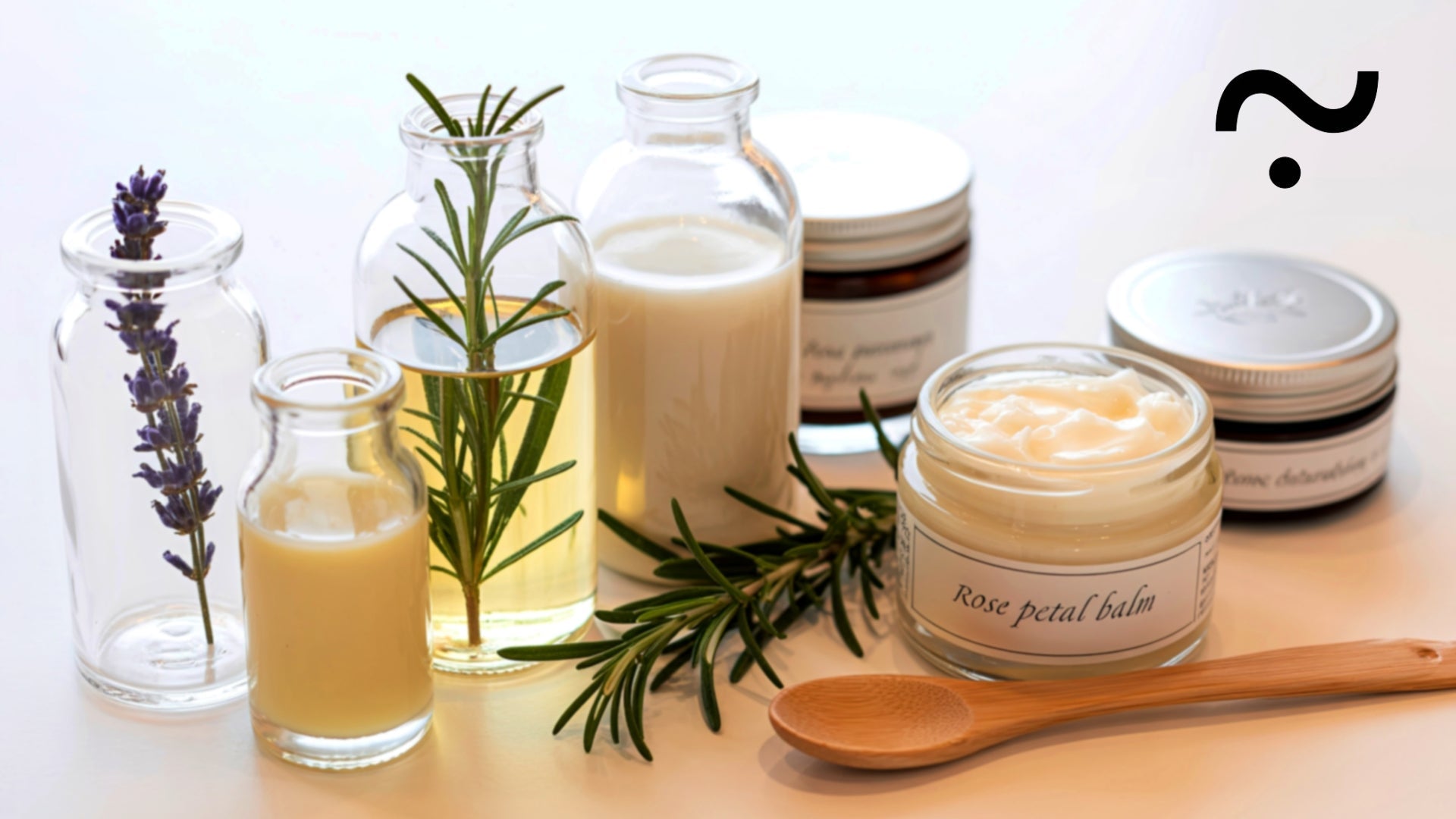Switching to clean beauty and non-toxic makeup is not only beneficial for your skin but your gut health and overall wellbeing. While we may think organic food is the main focus of lowering your toxic load and digestive health, we absorb many harsh chemicals and toxins through the products we use on our skin which impact our health and microbiome.
Here are some reasons why you may want to consider making the switch:
- Avoid harmful chemicals: Many conventional makeup products contain potentially harmful chemicals such as parabens, phthalates, and synthetic fragrances. These chemicals can have negative effects on your health, such as disrupting your hormones and causing skin irritation. Switching to clean beauty and non-toxic makeup can help you avoid these harmful chemicals.
- Support sustainable practices: Many clean beauty and non-toxic makeup brands use sustainable practices, such as using natural and organic ingredients, using eco-friendly packaging, and reducing waste. By supporting these brands, you can contribute to a more sustainable beauty industry.
-
Provenance and transparency: Clean beauty and non-toxic makeup brands often provide more transparency about their ingredients and manufacturing processes, making it easier for you to make informed choices about the products you use.
Besides the benefits of using natural and non toxic ingredients on your skin, Chemical cosmetics can have a number of harmful effects on both your health and the environment. Here are some of the most significant risks associated with chemical cosmetics that can be avoided by making the switch to natural non toxic products:
- Skin irritation: Many chemical cosmetics contain harsh chemicals, such as parabens, sulfates, and synthetic fragrances, which can irritate the skin and cause redness, itching, and other forms of irritation.
- Hormone disruption: Some chemicals found in cosmetics, such as phthalates, can disrupt the endocrine system and interfere with hormone production, which can have negative impacts on reproductive health, mood, and other bodily functions.
- Allergic reactions: Some people may be allergic to certain chemicals found in cosmetics, such as formaldehyde or nickel, which can cause severe allergic reactions and even anaphylaxis in some cases.
- Environmental damage: Many chemicals found in cosmetics can be harmful to the environment, especially when they are not properly disposed of. For example, some chemicals can contaminate waterways and harm aquatic life, while others can contribute to air pollution.
- Long-term health effects: There is some evidence to suggest that exposure to certain chemicals found in cosmetics over a long period of time could increase the risk of certain health problems, such as cancer, reproductive issues, and developmental disorders.
Familiarise yourself with the ingredients
It's not easy to completely change your routine at once, and when it comes to chemical. artificial ingredients in skincare and makeup there are ingredients that are more harmful than others: Here are the top ones to avoid and why:
- Parabens: These are preservatives commonly found in skincare and beauty products that have been linked to hormone disruption, skin irritation, and cancer.
- Phthalates: These chemicals are often used to soften and add flexibility to plastics and are commonly found in fragrances. They can disrupt hormones, cause reproductive issues, and harm fetal development.
- Sodium lauryl sulfate (SLS) and sodium laureth sulfate (SLES): These are foaming agents commonly found in shampoos and other cleansing products. They can cause skin irritation, strip the skin of natural oils, and contribute to hair loss.
- Formaldehyde: This is a preservative that can be found in some nail polishes and hair treatments. It is a known carcinogen and can cause skin irritation and allergic reactions.
- Synthetic fragrances: These are often made from a complex mixture of chemicals and can cause allergic reactions, skin irritation, and hormone disruption.
- Mineral oil: This is a byproduct of petroleum and is often used as a moisturizer in skincare products. It can clog pores, exacerbate acne, and prevent the skin from absorbing nutrients.
- Oxybenzone: This is a chemical sunscreen ingredient that has been linked to hormone disruption and is harmful to the environment, particularly coral reefs.
- Triclosan: This is an antibacterial agent commonly found in hand soaps and other cleansing products. It can contribute to antibiotic resistance, disrupt hormone levels, and harm the environment.
It's important to read ingredient labels carefully and choose products that are free from harmful chemicals. Look for products that are labeled "non-toxic," "natural," "organic," or "clean" to ensure that they are safe and healthy for your skin.
Why Tallow Based Make Up?
Organic and tallow-based makeup is one non toxic alternative that is making a big wave in today's cosmetic industry. A natural, traditional ingredient that has been used in cosmetics for centuries. Tallow is rich in nutrients such as vitamins A, D, E, and K, as well as essential fatty acids, which can nourish and moisturize the skin.
In fact tallow-based makeup can have a more emollient texture than some other types of makeup, making it ideal for dry or sensitive skin types, also providing a long-lasting, natural-looking finish that many people prefer over synthetic or chemical-based makeup products.
Tallow from grass fed and organic cattle is also sustainably made and sourced and is a natural by product of the farming industry. By using the whole animal we are living as our ancestors did and upcycling from nature.
Where do you start?
Making the change to clean skincare and non toxic products can be overwhelming so start with making the most important swaps first, i.e. what you use the most!
First, replace the toxic products you use every day like moisturizer, foundation, lipstick and mascara. Then look to replace the products that are most likely to contain toxic ingredients like shampoo, deodorant, and sunscreen.
- Swapping to natural and butane-free deodorant
- Moving to non toxic Sunscreen
- Shampoo and conditioner
- Moisturizer
- Foundation and Lipstick


